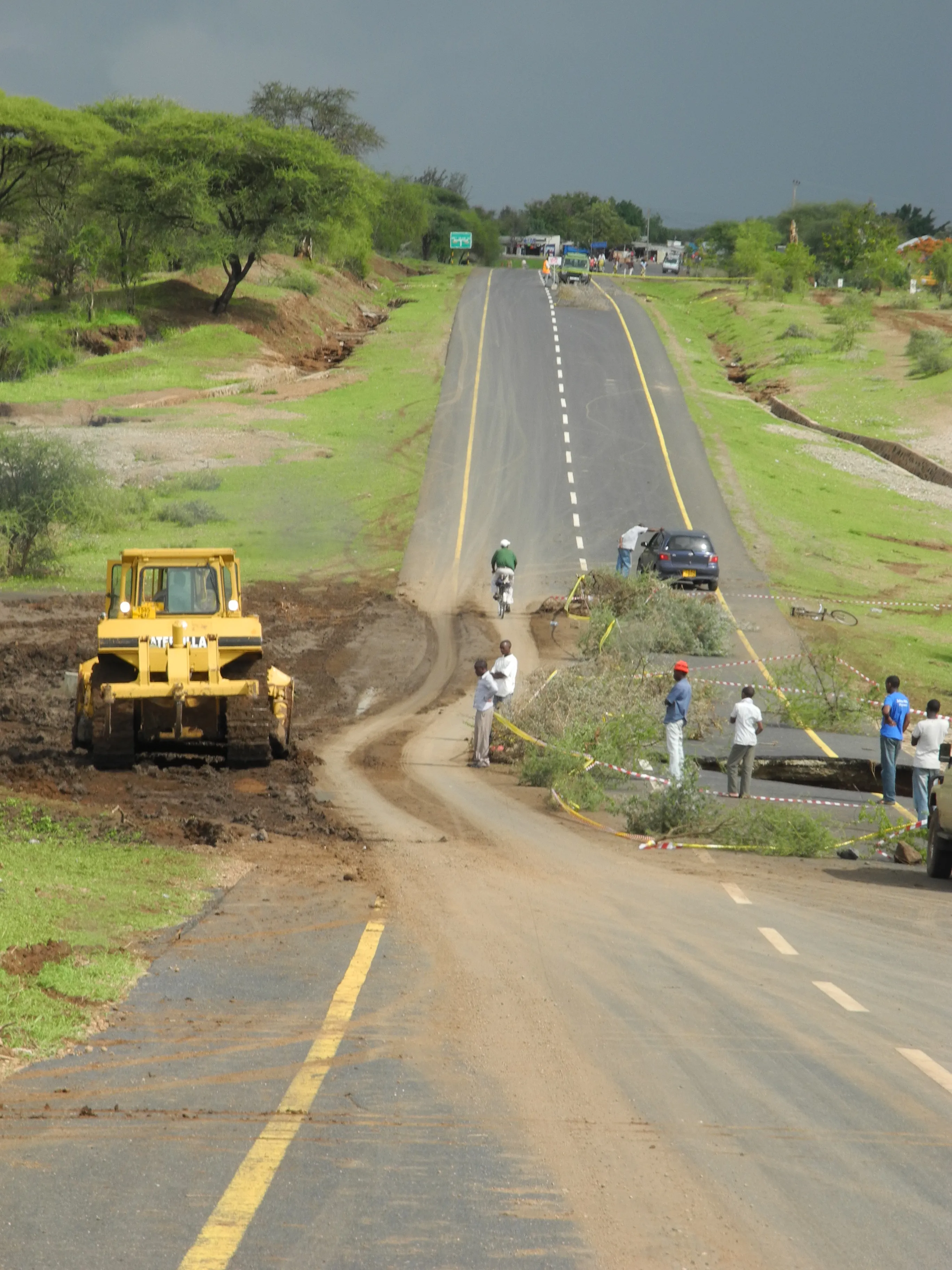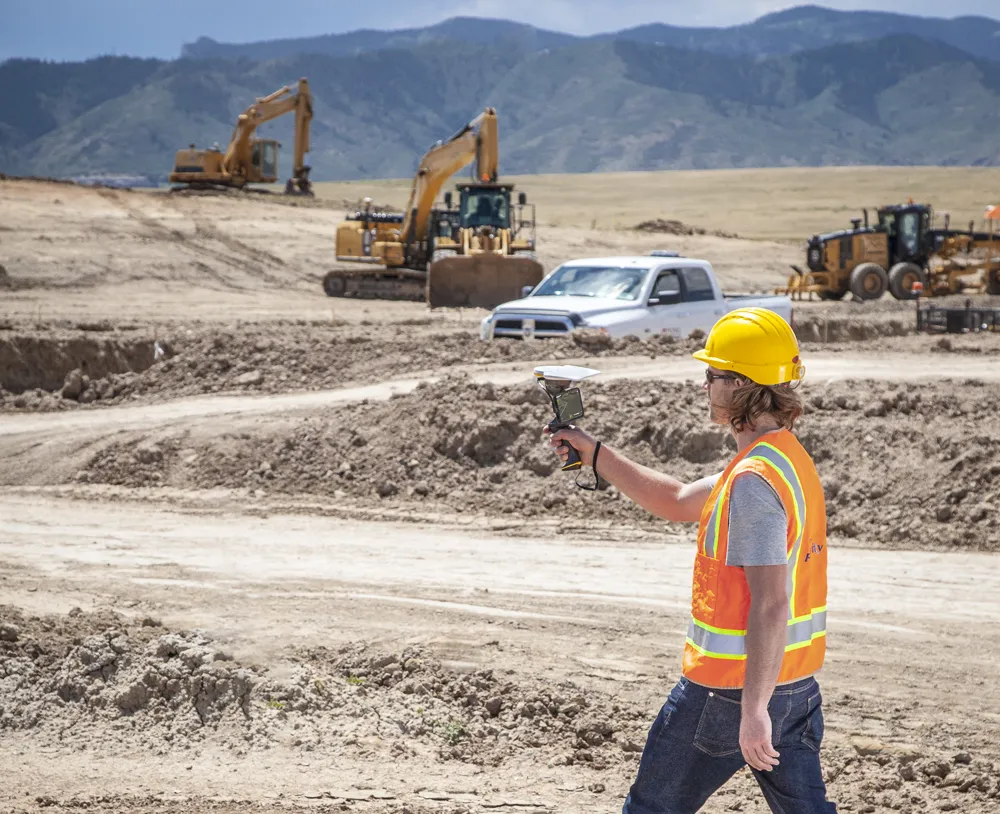
This five-day course comprises a wide range of lectures, workshops and an intensive practical hands-on training delivered by experts of international reputation. The course provides participants with practical information on how to conduct a road safety audit. Participants learn how to improve transportation safety by applying a proactive approach that includes examination of a future or existing road. Participants will have the opportunity to work in teams to investigate and analyse a real-life case study and design an appropriate remedial programme.
Upon completion of the course, participants will be able to:
• Review the Road Safety Situation in their Respective Countries;
• Discuss Road Safety Audit (RSA) Concepts;
• Identify and Explain Steps for Conducting RSA;
• Perform RSA as a Member of a Team;
• Explain the Way Forward in Addressing RSA Related Issues in their Areas of Jurisdiction
Delegates completing this course will receive a Continuous Professional Development (CPD) Certificate of Attendance, recognised by the Engineers Registration Board of Tanzania.







